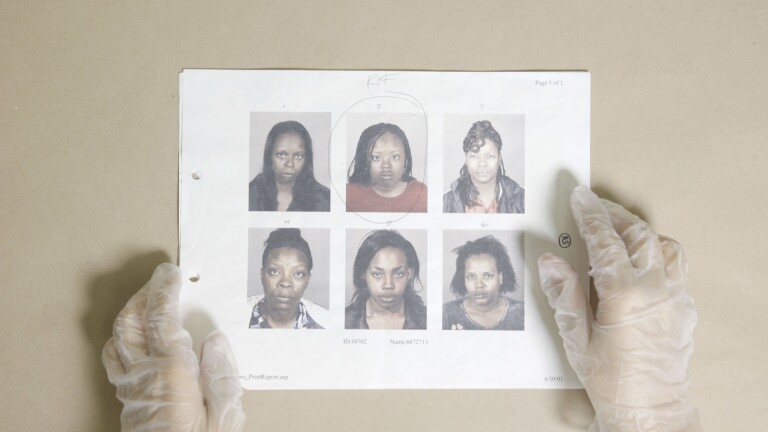
Early Alzheimer's Testing and Preventative Care
What if a compound from a common spice could help detect Alzheimer's in patients? A team at Cedars-Sinai Medical Center is developing a test that could make early detection possible, and a first step for the patient would be taking pills derived from curcumin, which is found in turmeric, an ingredient often used in Indian curries.
Knowing earlier than later would be helpful to patients. Gary Bricker was diagnosed with Alzheimer's at the age of 63 in 2012, but during the years leading up to his diagnosis, Bricker's relationship with his wife suffered immensely. To add to the stress, Bricker -- a former real estate attorney -- ended up losing two jobs.
Shortly after his diagnosis, Bricker and his wife Lisa decided to launch AlzAcrossAmerica, a nonprofit organization that hopes to provide resources and a support network to those affected by the disease. (And for information on clinical trials, check out TrialMatch at the Alzheimer's Association).
In this exclusive "SoCal Connected" report, Val Zavala discusses early Alzheimer's detection, and what this means for families who are hoping to plan for health situations in advance.
Featuring Interviews With:
- Dr. Keith Black, chairman, neurosurgery at Cedars-Sinai Medical Center
- Gary Bricker, founder of AlzAcrossAmerica
- Susan Galeas, executive director, southland chapter of Alzheimer's Association
- Lisa Bricker, founder of AlzAcrossAmerica























